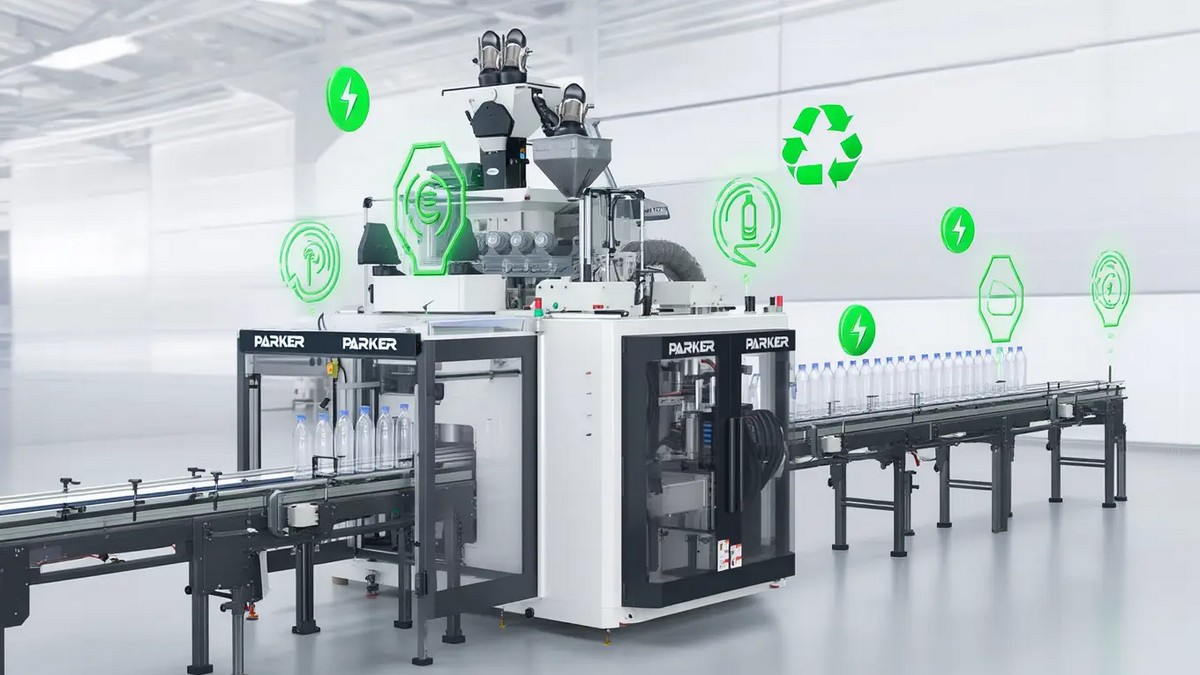Japanese machine tool factory develops next-generation business opportunities, demands for replacement machines and introduces 5G services.
Japanese machine tool sales
The Japan Machine Tool Industry Association (JMTBA) announced on March 10 the order data of Japanese machine tool manufacturers in February 2020. The overall order value decreased by 30.1% from the same period last year to 76.714 billion yen. Since January 2013 (71.6 billion yen), the new low level is 7 years and 1 month apart.
The main reason is that the impact of the Wuhan Pneumonia (COVID-19) epidemic has expanded, and the U.S.-China trade war is also continuing, and companies' investment in setting fees has further tightened. In terms of the details of orders for the month, domestic demand in the Japanese domestic market decreased by 23.3% annually to 31.949 billion yen, a decrease for 15 consecutive months. The external demand in overseas markets has decreased by 44.765 billion yen per year, which has decreased for 17 consecutive months. It is also the lowest level since January 2010 (39.3 billion yen). The world's factories in China have been affected by the pneumonia epidemic in Wuhan. Currently, many factories have not fully resumed work, or the production capacity has not returned to the previous level due to a lack of work and materials. As long as there is no improvement in a similar situation, the machine tool market may be difficult to recover in the short term.
Global demand for machine tools has gradually cooled since the second half of 2018 when the Sino-US trade war has gradually increased. Now the Sino-US trade war has not only shown any signs of easing, the trade war between Japan and South Korea has also expanded, and even threatened the military intelligence of both sides. The protection agreement, the global machine tool market can be said to be worse, but the machine tool factory cannot close the door, how to find business opportunities has become a problem that the machine tool factory has to face.
Combination of machine tool industry and 5G technology
According to the Nikkei website, although Japanese machine tool manufacturers are worried about the current situation, they also point out that there are two markets that can be expected: the demand for updating equipment purchased before the 2008 financial tsunami, and emerging overseas markets such as India; and Japanese factories will rely on 5G and Internet of Things (IoT) technology to grab these markets.
The China-U.S. Trade war has allowed Chinese manufacturers to reduce their investment. The reason is that products sold to the U.S. market will have higher costs due to tariffs. This is not good for mainland Chinese manufacturers, but it is good for manufacturers in Southeast Asia or India. DMG Mori Seiki) in the second half of 2018, decided to strengthen marketing in the Indian market, selling machine tools and equipment produced in Japan and China to India, and even considering setting up factories in India to produce machine tools.
According to the reports, the Indian market revenue accounted for DMG Mori Seiki's total revenue before the start of the trade war, but the level was 3%, but after the outbreak of the trade war, it has begun to increase, which is the main reason for the factory to strengthen the Indian market; Okuma also set up its second sales office in southern India in February 2019, and may even increase 4 to 5 locations, also in response to the trend of manufacturers turning orders after the trade war.
However, the development of the Indian market is not only beneficial. India is far away from Japan, and the after-sales service of hardware and software is difficult. Okuma added an Indian service base for this purpose. DMG Mori Seiki also considered this approach, but they have another idea. The Internet of Things technology predicts the failure time of the equipment to be repaired on-site and uses automated logistics technology to allow parts to be shipped within 24 hours. Finally, the equipment is controlled by 5G wireless communication technology, and the software upgrade is automatically completed in the cloud.
Accelerating logistics and cloud management will certainly not only reduce the cost of Indian operations but also help businesses in other countries in the world and in Japan.
Among them, manufacturers headed by Japan turned to conservative investment in equipment after the financial tsunami in 2008. According to a survey by the Japanese Ministry of Economy, Trade, and Industry, before 2007, the Japanese manufacturing industry usually changed equipment for 10 years, and equipment used for more than 15 years accounted for only 33% of the overall, However, the proportion of equipment used for more than 15 years in 2018 increased to 45%. Even if the maintenance cost of machine tools with a life of more than 10 years has increased greatly, there is no obvious upgrade, and manufacturers are not likely to invest.
New machine tools that use high-speed 5G networks and related services are undoubtedly a good reason to attract manufacturers to eliminate machine tools older than 10 years of age; and machine tool manufacturers themselves introduce related technologies, not only to test and display but to insist on using more than 15 years of age. Old equipment manufacturers also have the benefit of improving the maintenance process and reducing maintenance costs.
As for electric vehicle business opportunities, Japanese machine tool manufacturers are not optimistic. According to the Japan Policy Investment Bank (DBJ), the number of electric vehicle parts is only 50% of the same level of gasoline and diesel vehicles, and the average cost of machine tools per vehicle will be reduced. 53%, so the IT industry looks forward to electric vehicles, and machine tool manufacturers are relatively cold.
Japan Machine Tool Industry Association (JMTBA) announced the order data (initial value) of Japanese machine tool manufacturers in February 2020 on March 10. The overall order value decreased by 30.1% from the same period last year to 76.714 billion yen, a negative growth for 17 consecutive months, and it has also fallen since January 2013 (71.6 billion yen), a new low level after 7 years and 1 month.
The main reason is that the impact of the COVID-19 epidemic has expanded, and the U.S.-China trade war is also continuing, and companies' investment in setting fees has further tightened. In terms of the details of orders for the month, domestic demand in the Japanese domestic market decreased by 23.3% annually to 31.949 billion yen, a decrease for 15 consecutive months. The external demand in overseas markets decreased by 44.765 billion yen annually, which has been decreasing for 17 consecutive months. It is also the lowest level since January 2010 (39.3 billion yen). The world's factories in China have been affected by the pneumonia epidemic in Wuhan. Currently, many factories have not fully resumed work, or the production capacity has not returned to the previous level due to a lack of work and materials. As long as there is no improvement in a similar situation, the machine tool market may be difficult to recover in the short term.









.jpg)
.jpg)


.jpg)
